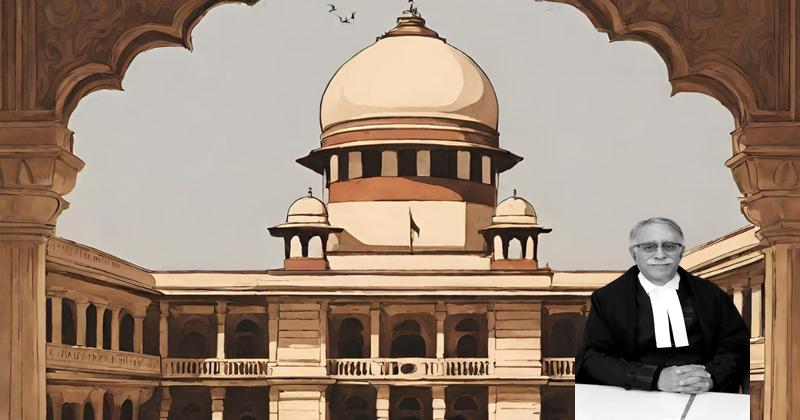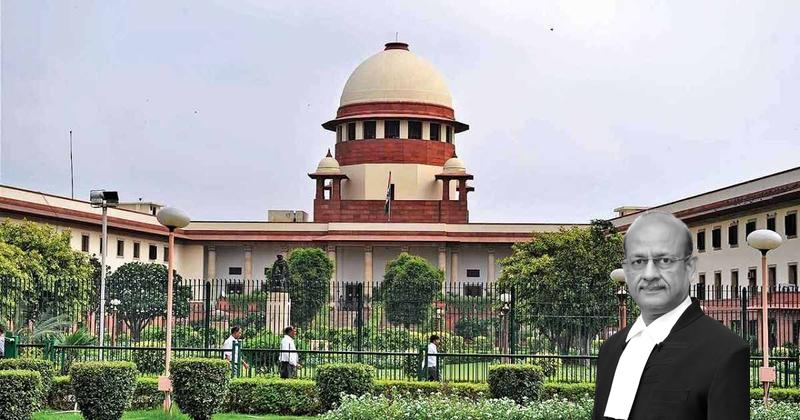Delve into the intricate legal analysis of the court’s differentiation between ‘attempt’ and ‘preparation’ in criminal offenses. The case highlights the importance of intent and actions in establishing criminal liability, focusing on the nuances that define when a preparatory act crosses the line into an actual attempt. Stay tuned to unravel the complexities of criminal law and the crucial role of Mens Rea in determining culpability.
Facts
- Two minor victims, aged around 9 and 8 years, were playing near the respondent’s house when the incidents occurred.
- The respondent threatened the victims with physical harm to keep them silent about the incident.
- The victims confided in a friend, PW-8, during a religious gathering, leading to the incident being revealed.
- The respondent attempted indecent assault on both victims, but did not progress to the stage of attempting rape.
- The victims were lured by the promise of money to the respondent’s empty house where the incidents took place.
- The respondent rubbed his genitals against the genitals of both victims, leading to the charges under Section 354 IPC.
- After a 15-day lapse, the FIR was filed by the mothers of the victims, who then informed their husbands about the incident.
- The respondent challenged his conviction under Section 376(2)(f) IPC before the High Court.
- The High Court set aside the conviction under Section 376(2)(f) IPC and instead convicted the respondent under Section 354 IPC.
- The respondent’s sentence was reduced from 5 years to 2 years of Rigorous Imprisonment, along with a fine of Rs. 5000/-.
- The High Court based its decision on the evidence on record, particularly the allegations in the FIR, Ex.P/1.
Also Read: Analysis of Suppression of Information in Employment Selection: Legal Perspective
Arguments
- The petitioner argues that the Trial Court rightfully convicted the respondent for the offense under Section 376 (2)(f) read with Section 511 IPC.
- The High Court’s modification of the conviction is criticized for overlooking the essence of the Statute and the relevant settled principles.
- It is contended that the High Court failed to grasp the concept of ‘attempt’ to commit rape and reduced it to a mere ‘preparation’ inaccurately.
- The testimonies of the prosecutrixes ‘X’ (PW-1) and ‘Y’ (PW-2) are deemed credible and supported by the chance witness ‘Z’ (PW-8).
- The prosecution challenges the modification and reduction of the sentence by the High Court.
- The respondent’s counsel argued that the prosecution did not prove beyond ‘preparation’ to commit rape.
- Emphasized the High Court’s modification of conviction from ‘attempt to commit rape’ to ‘outraging the modesty’ of a woman.
- Highlighted the Trial Court’s failure to distinguish between ‘attempt’ and ‘preparation’ of an offense.
- Cited material contradiction in witness testimony regarding the respondent’s presence at the scene.
- Relying heavily on the Aman Kumar vs State of Haryana case to differentiate ‘preparation’ from ‘attempt’ to commit an offense.
Also Read: Analysis of Cheating and Forgery in Passport Case
Analysis
- An attempt to commit an offence is defined as an act, or series of acts, leading inevitably to the commission of the offence unless something unforeseen prevents it.
- If the attempt succeeds, the offence is committed; if it fails due to circumstances beyond the doer’s control, it is considered an attempt.
- Attempt is distinct from intention and preparation for the crime, as it involves partial execution of the criminal design without full consummation.
- The attempt begins when preparations are complete and the culprit starts an act with the intention of committing the offence, marking the commencement of the attempt.
- Sexual intercourse with a woman below sixteen years amounts to rape, with mere penetration being sufficient to establish the offence.
- Mere intention without an external act cannot constitute an offence; intention involves directing conduct towards the chosen object based on motives.
- Preparation involves arranging means for the offence, differing from attempt which is a direct movement towards its commission after preparations.
- Preparation for certain offences is punishable, as illustrated in Section 511, indicating legislative intent to differentiate between mere preparation and attempt.
- An attempt is punishable if there is intent to commit the offense.
- Attempt is possible even if the accused is unsuccessful in committing the main offense.
- In every crime, there is first the intention to commit (Mens Rea), then preparation, and finally attempt.
- If the attempt is successful, the crime is complete.
- Attempt shows a higher level of determination compared to preparation.
- Even an unsuccessful attempt at committing an offense carries moral guilt and impacts societal values.
- The distinction between preparation and attempt lies in deliberation and execution of Mens Rea.
- The stage of preparation involves planning the necessary means for the offense, while attempt follows immediately after.
- Attempt is the execution of Mens Rea after preparation.
- Penetration is essential for an offence of rape.
- The difference between ‘attempt’ and ‘preparation’ in a rape case is crucial.
- An attempt involves acts leading to the commission of the offence, falling short of actual consummation.
- Intent to commit a crime is a key element in establishing an attempt.
- Surrounding circumstances are important in determining an accused’s intent in a rape case.
- The High Court’s findings were considered perverse and untenable due to ignorance of material evidence on record.
- The respondent’s actions of stripping the prosecutrices and rubbing his genitals against the victims aimed at committing sexual intercourse.
- The respondent’s deliberate actions showed a manifest intention to commit the offence of attempted rape.
- The Trial Court rightly held the respondent guilty of attempting to commit rape as per Section 511 read with Section 375 IPC.
- The respondent’s actions of luring the minor girls, taking them inside a room with the motive of carnal knowledge, marked the end of ‘preparation’ for committing the offence.
Also Read: Discrepancy in Date of Birth: Court’s Legal Analysis
Decision
- If the respondent fails to surrender, the Police Authorities are directed to arrest him
- The respondent must surrender within two weeks and serve the remainder of his sentence as awarded by the Trial Court
- The appeal is disposed of in the above terms
- The judgment of the High Court is overturned, and the Trial Court’s decision is reinstated
Case Title: THE STATE OF MADHYA PRADESH HOME DEPARTMENT STATION HOUSE OFFICER Vs. MAHENDRA @ GOLU (2021 INSC 665)
Case Number: Crl.A. No.-001827-001827 / 2011



